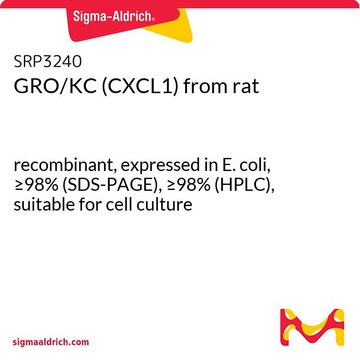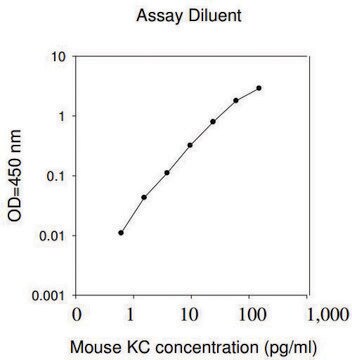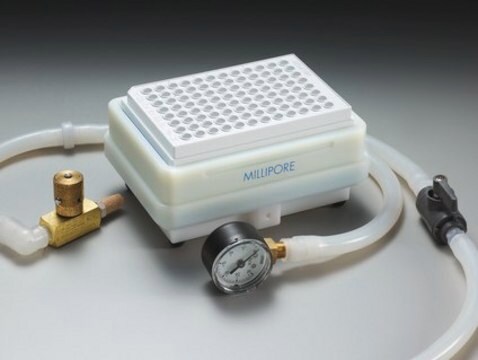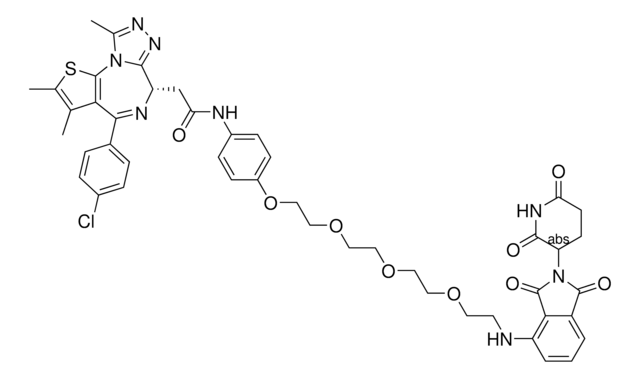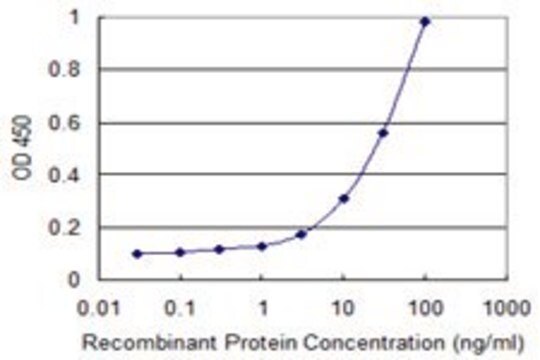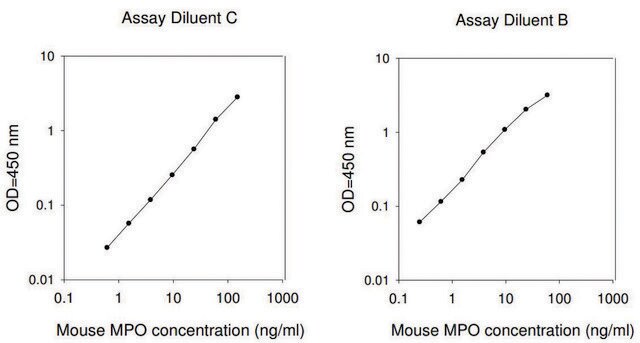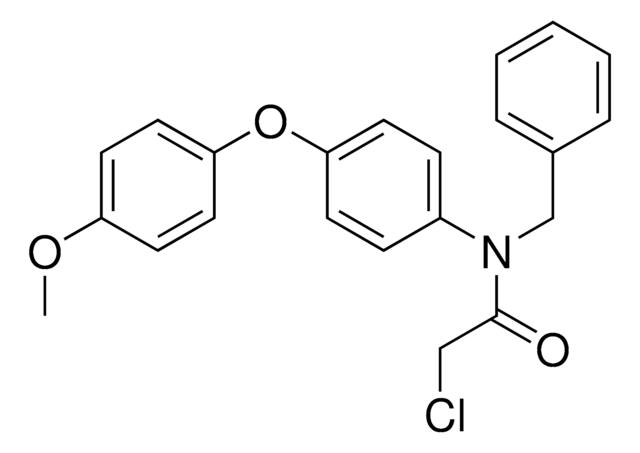SRP3216
KC (CXCL1) from mouse
recombinant, expressed in E. coli, ≥98% (SDS-PAGE), ≥98% (HPLC), suitable for cell culture
Synonym(s):
CXCL1, GRO1, GROa, NAP-3
Sign Into View Organizational & Contract Pricing
All Photos(1)
About This Item
UNSPSC Code:
12352200
NACRES:
NA.32
Recommended Products
biological source
mouse
recombinant
expressed in E. coli
Assay
≥98% (HPLC)
≥98% (SDS-PAGE)
form
lyophilized
mol wt
7.8 kDa
packaging
pkg of 20 μg
technique(s)
cell culture | mammalian: suitable
impurities
<0.1 EU/μg endotoxin, tested
color
off-white to yellow
UniProt accession no.
shipped in
wet ice
storage temp.
−20°C
Gene Information
mouse ... CXCL1(14825)
General description
C-X-C motif chemokine receptor 1 (CXCL1) is also known as keratinocyte-derived chemokine (KC). It is part of the glutamate-leucine-arginine (ELR)-containing CXC chemokine family. Recombinant Murine KC (CXCL1) is a 7.8kDa protein consisting of 72 amino acids including the ‘ELR′ motif common to the CXC chemokine family that bind to CXCR1 or CXCR2.
Application
C-X-C motif chemokine receptor 1 (CXCL1) from mouse has been used in transwell assay for chemotaxis.
Biochem/physiol Actions
All three isoforms of growth-related protein (GRO) are CXC chemokines that can signal through C-X-C motif chemokine receptors 1 or 2 (CXCR1 or 2). The GRO proteins chemoattract and activate neutrophils and basophils. It has a role in host defense against polymicrobial sepsis, upregulation of intercellular adhesion molecule 1 (ICAM-1) and migration of neutrophils. The protein also activates mitogen-activated protein kinases (MAPKs), pro-inflammatory proteins and nuclear factor-κB (NF-κB).
Sequence
APIANELRCQ CLQTMAGIHL KNIQSLKVLP SGPHCTQTEV IATLKNGREA CLDPEAPLVQ KIVQKMLKGV PK
Physical form
Lyophilized with no additives.
Reconstitution
Centrifuge the vial prior to opening. Reconstitute in water to a concentration of 0.1-1.0 mg/ml. Do not vortex. This solution can be stored at 2-8°C for up to 1 week. For extended storage, it is recommended to further dilute in a buffer containing a carrier protein (example 0.1% BSA) and store in working aliquots at -20°C to -80°C.
Storage Class Code
11 - Combustible Solids
WGK
WGK 3
Flash Point(F)
Not applicable
Flash Point(C)
Not applicable
Choose from one of the most recent versions:
Certificates of Analysis (COA)
Lot/Batch Number
Don't see the Right Version?
If you require a particular version, you can look up a specific certificate by the Lot or Batch number.
Already Own This Product?
Find documentation for the products that you have recently purchased in the Document Library.
Muscle-derived expression of the chemokine CXCL1 attenuates diet-induced obesity and improves fatty acid oxidation in the muscle.
Pedersen L
American Journal of Physiology. Endocrinology and Metabolism, 302(7), E831-E840 (2012)
CXCL1 contributes to host defense in polymicrobial sepsis via modulating T cell and neutrophil functions.
Jin L
Journal of Immunology, 193(7), 3549-3558 (2014)
GRO: a novel chemotactic cytokine.
R Sager et al.
Advances in experimental medicine and biology, 305, 73-77 (1991-01-01)
P Tekamp-Olson et al.
The Journal of experimental medicine, 172(3), 911-919 (1990-09-01)
A cDNA clone of murine macrophage inflammatory protein 2 (MIP-2) has been isolated from a library prepared from lipopolysaccharide (LPS)-stimulated RAW 264.7 cells and the nucleotide sequence determined. This cDNA was used to clone cDNAs for human homologues of MIP-2
S Haskill et al.
Proceedings of the National Academy of Sciences of the United States of America, 87(19), 7732-7736 (1990-10-01)
The product of the human GRO gene is a cytokine with inflammatory and growth-regulatory properties; GRO is also called MGSA for melanoma growth-stimulatory activity. We have identified two additional genes, GRO beta and GRO gamma, that share 90% and 86%
Our team of scientists has experience in all areas of research including Life Science, Material Science, Chemical Synthesis, Chromatography, Analytical and many others.
Contact Technical Service